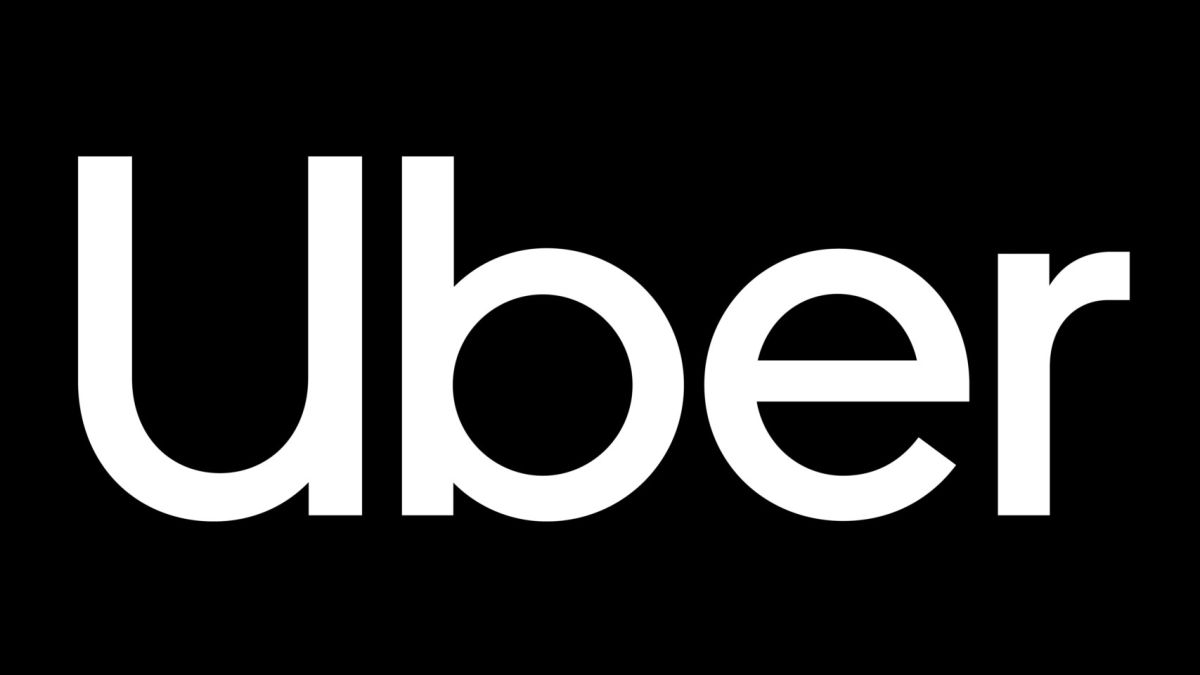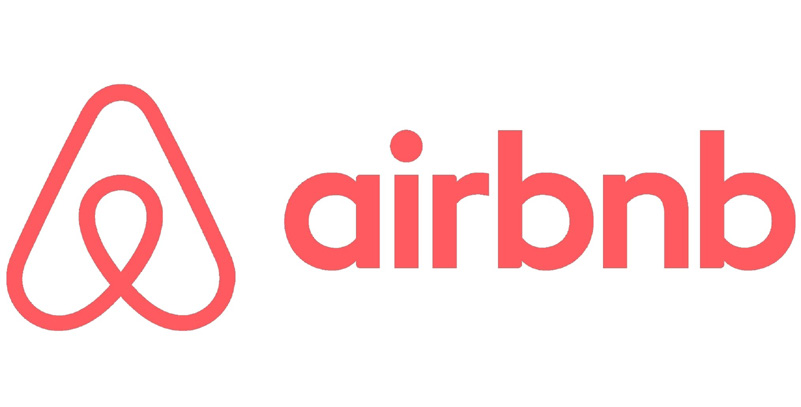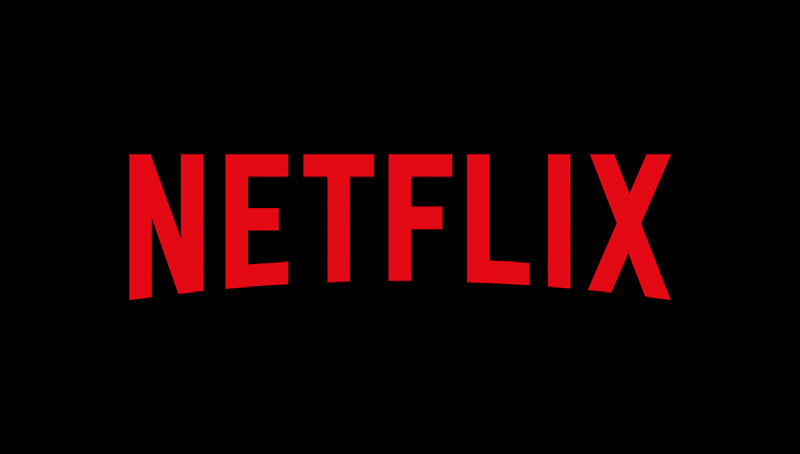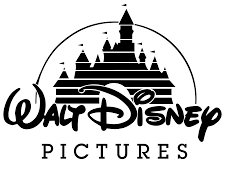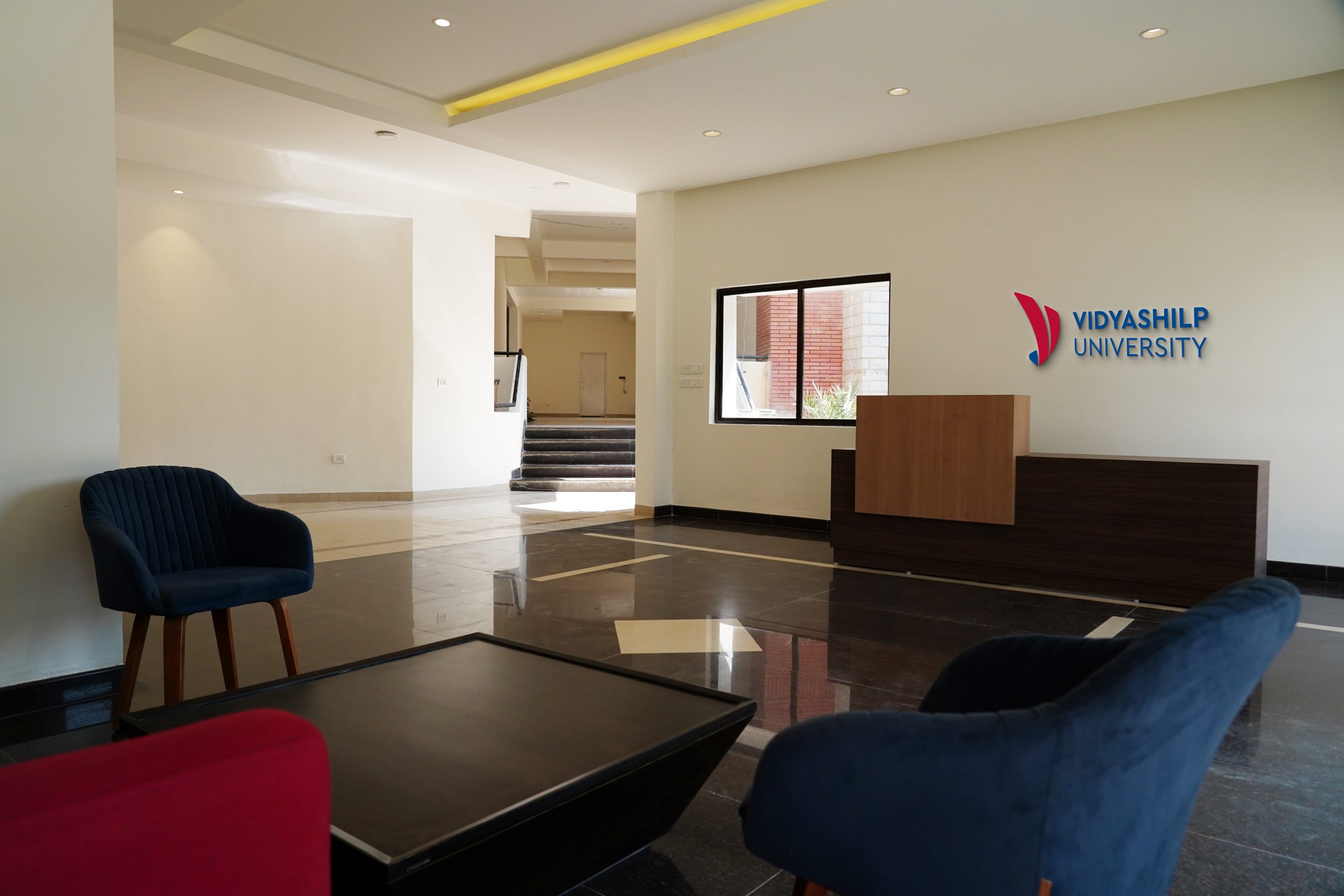Home > The Rise Of Digital Business Companies | Vidyashilp University
Digital Business

”The future of business will be digital.
That much is certain .”
“Digital Business is changing the way organizations use and think about technology, to create new value in business models, customer experiences and the internal capabilities that support its core operations. The term includes both “digital-only” brands and traditional players that are transforming their businesses with digital technologies.”
There are several views on the definition of Digital Business from industry experts.
Gartner says, “Digital Business is the creation of new business designs by blurring the digital and physical worlds”; essentially focussing on new value chains and business opportunities that traditional businesses cannot offer.
McKinsey emphasizes that “Digital should be seen less as a thing and more a way of doing things.”
Most Digital Businesses fit one or both of these points; there are three essential attributes: creating value at the new frontiers of the business, creating value in the processes that execute a vision of customer experiences, and building foundational capabilities that support the entire business structure.
Digital Business isn’t just about using technology and automation. It’s a fundamental shift in the way businesses create value for themselves and their customers. There are driving forces – political, social, cultural, economic and technological factors – that are promoting a disruptive change on digital ecosystems: firstly, the Internet of Documents (Adobe, Google Drive etc.), secondly, the Internet of Commerce (Amazon, eBay, Alibaba etc.), thirdly, the Internet of People (Facebook, LinkedIn, Twitter etc.) and, more recently, the Internet of Things (IoT). Digital Businesses aim to make the most of all those assets on a network, channel and orchestrate them, even control them to some extent, to create very high scale business outcomes. Uber and Airbnb are great examples; both responsible for launching a large transportation network, but they own no actual resources themselves, they are only a conduit. The promise of Digital Business is that a universe of applications and digitalized assets that work together almost automatically will allow very rapid development of new capabilities that will yield competitive advantage.
Digital Business promises to usher in an unprecedented convergence of people, business, and ‘Internet of Everything’ (IoE) that disrupts existing business models. And significantly, it is shaping business and management education!
Well-known Examples of Digital Business
